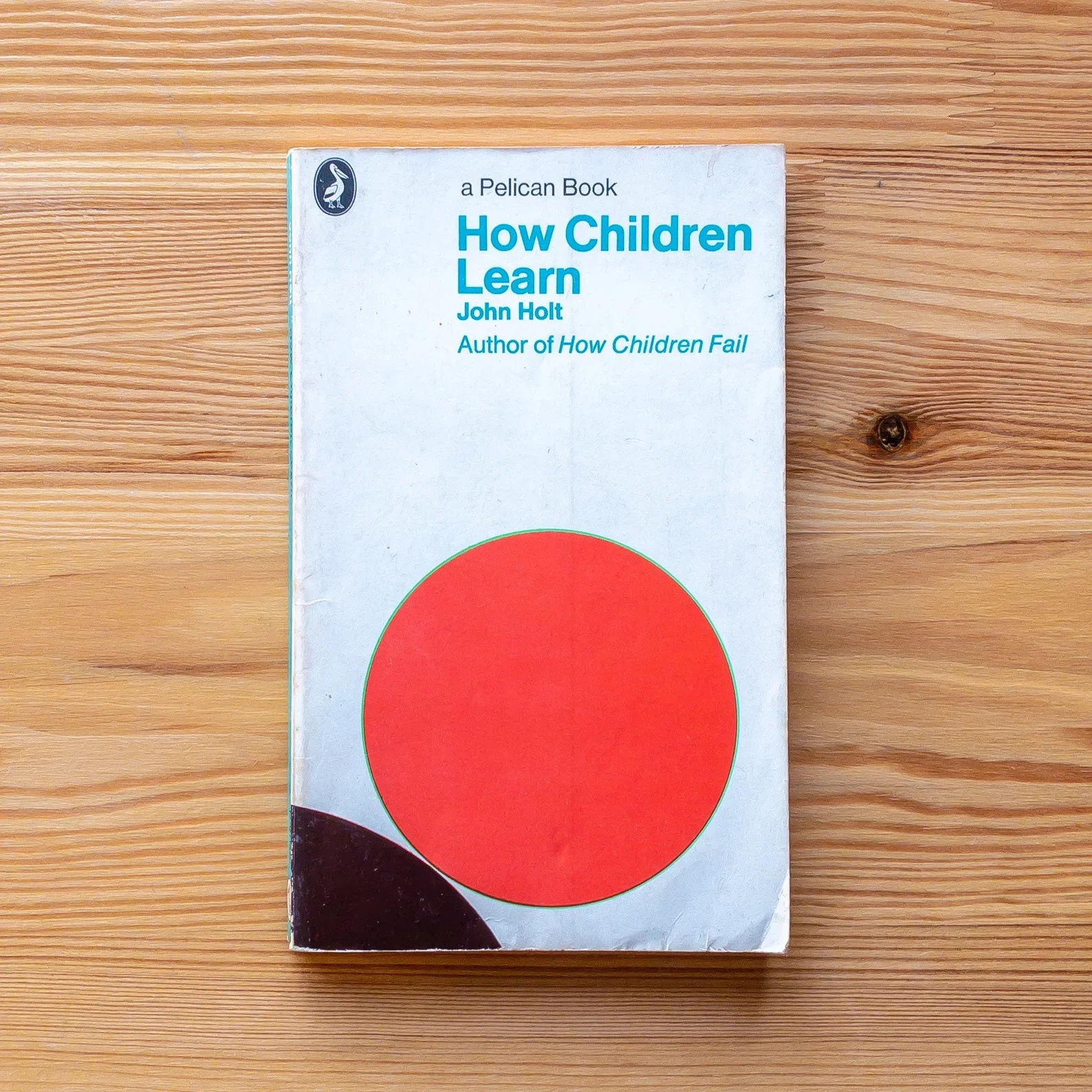What Is
UNSCHOOLING?
(un)SKOOL?
Download the ebook here
(un)skooling is:
Guiding children’s natural curiosity through child-led, experiential education
• shedding the programming and habits that resulted from other people’s agency over your time, body, thoughts, or actions;
• designing and practicing beliefs that align with your desire to thrive, be happy, and succeed.
-
There was a performance I regularly coproduced with teachers and other Managing Adults in my life—Honor Roll Achiever, Gifted Student, Winner, Overseer of other students’ behaviors—straight A’s, straight hair, and a fast disappearing non-American accent—whatever moves it took to win at studenthood.
And then there was my actual life—the things I did with my “free” time: writing about my feelings and doing the things I wished I could spend more time doing.
Mostly, I spent my days performing intelligence for adults, much like you probably did, in preparation to achieve the dreams applied to me through mandatory lesson plans administered in classrooms, all without my input or consent. Of course, I didn’t think anything of lack of input or consent back then. I wasn’t particularly special, in that I, like most children, had become skilled at looking occupied or focused and otherwise performing our intelligence to avoid the consequences of apparent mediocrity that adults enforced.
And because we believed that doing well in school meant we would do well in adult life, school was the vehicle for liberation. So, like most of us, I began developing coping mechanisms for studenthood; vices that would stay with me well into adulthood. I created these childhood vices to navigate the loss of personal power and lack of consent that was a normalized part of my existence. From elementary through high school, I busied myself: I was captain of this squad, member of that one, vice-president of that student organization, employee at this fast food joint, and contestant of this dance competition.
Basically, my coping strategy was doing a shit-ton of extracurricular activities to keep my mind engaged and to practice doing things I liked with my time but, mostly, to distract myself from facing the things that probably—no, definitely—needed to change.
-Akilah Richards
Raising Free People
(un)SKOOL Resources
IDEAS
live your life!



